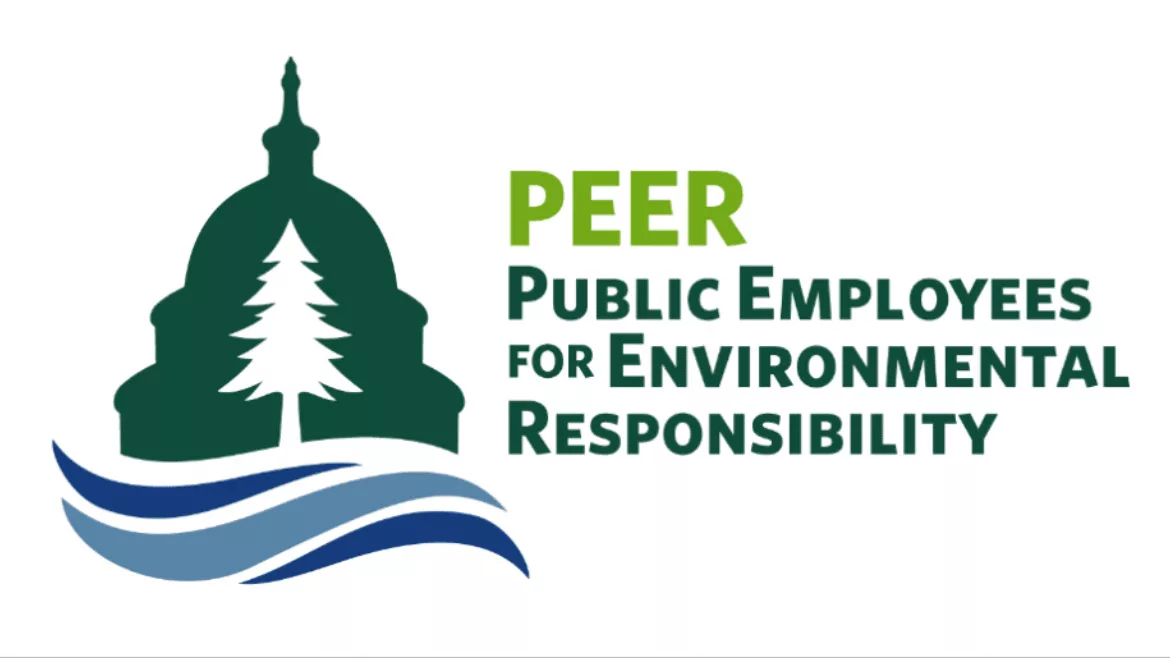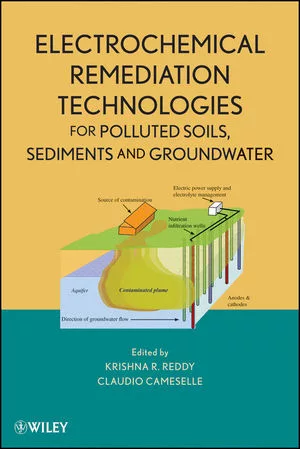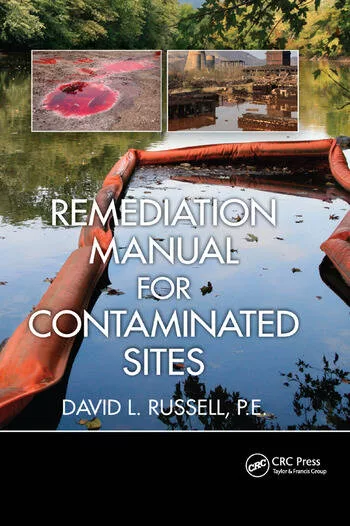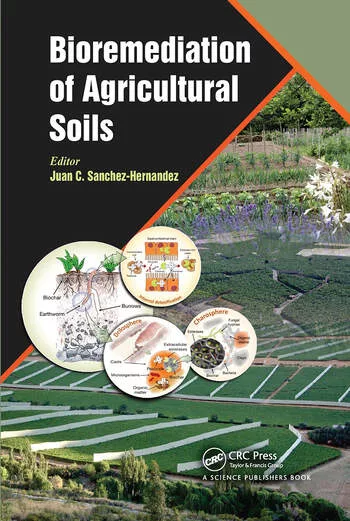EPA rejects air pollution permits for oil, gas wells in Colorado
PEER: Win for clean air calls into question effectiveness of pollution controls

In response to a petition filed by conservation and public-health groups, the Environmental Protection Agency ruled this week that the state of Colorado failed to lawfully permit air pollution from four large oil and gas well sites north of Denver.
In a ruling signed Jan. 30 by EPA Administrator Michael Regan, the agency found the Colorado Department of Public Health and Environment failed to ensure that flaring at the well sites effectively reduced smog-forming volatile organic compounds in compliance with the Clean Air Act.
The ruling calls into question Colorado’s oversight of the oil and gas industry and whether it is effectively controlling air pollution by burning flares in the Denver Metro-North Front Range region.
“Blocking these permits is an important step forward in holding Big Oil accountable for its air pollution, especially when it comes to ozone,” said Ryan Maher, staff attorney at the Center for Biological Diversity and co-author of the petition. “Ozone and other toxics kill, but Colorado has issued tens of thousands of permits that allow oil companies to claim, without citing data or testing, that flares are eliminating toxic pollution like they’re required to.”
“This ruling is exciting as the EPA once again agreed with impacted communities that our state government can do more to protect people from toxic pollution from the oil and gas industry,” said Ean Tafoya, GreenLatinos Colorado state director. “We will continue to exercise more sophisticated legal strategy to bring wins to voices that go unheard.”
The order comes in response to a petition filed in August by the Center for Biological Diversity, Public Employees for Environmental Responsibility (PEER), 350 Colorado, Sierra Club and GreenLatinos. The petition challenged the issuance of new air-pollution permits allowing Bonanza Creek Energy to operate four large oil and gas well pads.
“Without actual testing to ensure that oil and gas facilities are limiting pollution as the law requires, permitting becomes a rubberstamping paperwork exercise,” said Micah Parkin, executive director of 350 Colorado. “The EPA’s ruling ensures the oil and gas industry is held accountable for the damage it does to Colorado’s communities and air.”
Tanks, engines, gas venting, leaking pipes, and loading oil onto trucks at Bonanza Creek’s well pads emit large amounts of toxic gases, including nitrogen oxides, volatile organic compounds, particulate matter, benzene and formaldehyde. Flares are used to burn off some of this toxic pollution.
Both nitrogen oxides and volatile organic compounds form ground-level ozone, the key ingredient of smog. The well pads are located in an area of Colorado that includes Denver and other Front Range communities and is home to more than 3.5 million people. The Denver Metro-North Front Range region has suffered from ozone pollution in excess of the EPA’s health standard for more than 15 years.
The groups’ petition targeted the Colorado Department of Public Health and Environment’s failure to ensure adequate testing and monitoring of flares. While the department widely assumes the oil and gas industry reduces smog-forming pollution by 95% or more using flares, reports indicate flares often fail meet this level of control.
In its ruling, the EPA found, “it is unclear…how the monitoring requirements assure that the [flares] continually achieve the specific 95 percent control efficiency in the Permits.”
“PEER is thrilled to see EPA regional administrator KC Becker championing the public health of Colorado and holding our state regulators accountable to the law,” said Chandra Rosenthal, Rocky Mountain director of PEER. “This decision shows us that the Biden administration and the experts that work at EPA will no longer let Colorado give the oil and gas industry special treatment.”
Smog pollution linked to oil and gas extraction is linked to human health impacts like asthma attacks, cardiovascular problems and premature death. Those most at risk include older adults, children and people who work outdoors. The harm smog does to plants can damage entire ecosystems and reduce biodiversity.
“It is unfortunate that Colorado insists on handing out permits without ensuring the permits are enforceable and actually protective of people and the environment,” said Ramesh Bhatt, chair of the Colorado Sierra Club conservation committee. “We’re pleased to see the EPA recognize this problem and ensure Colorado includes adequate testing of the pollution generated by Bonanza Creek to protect public health.”
Under the Clean Air Act, Colorado officials have 90 days to respond to the EPA’s ruling and revise the flawed air-pollution permits.






